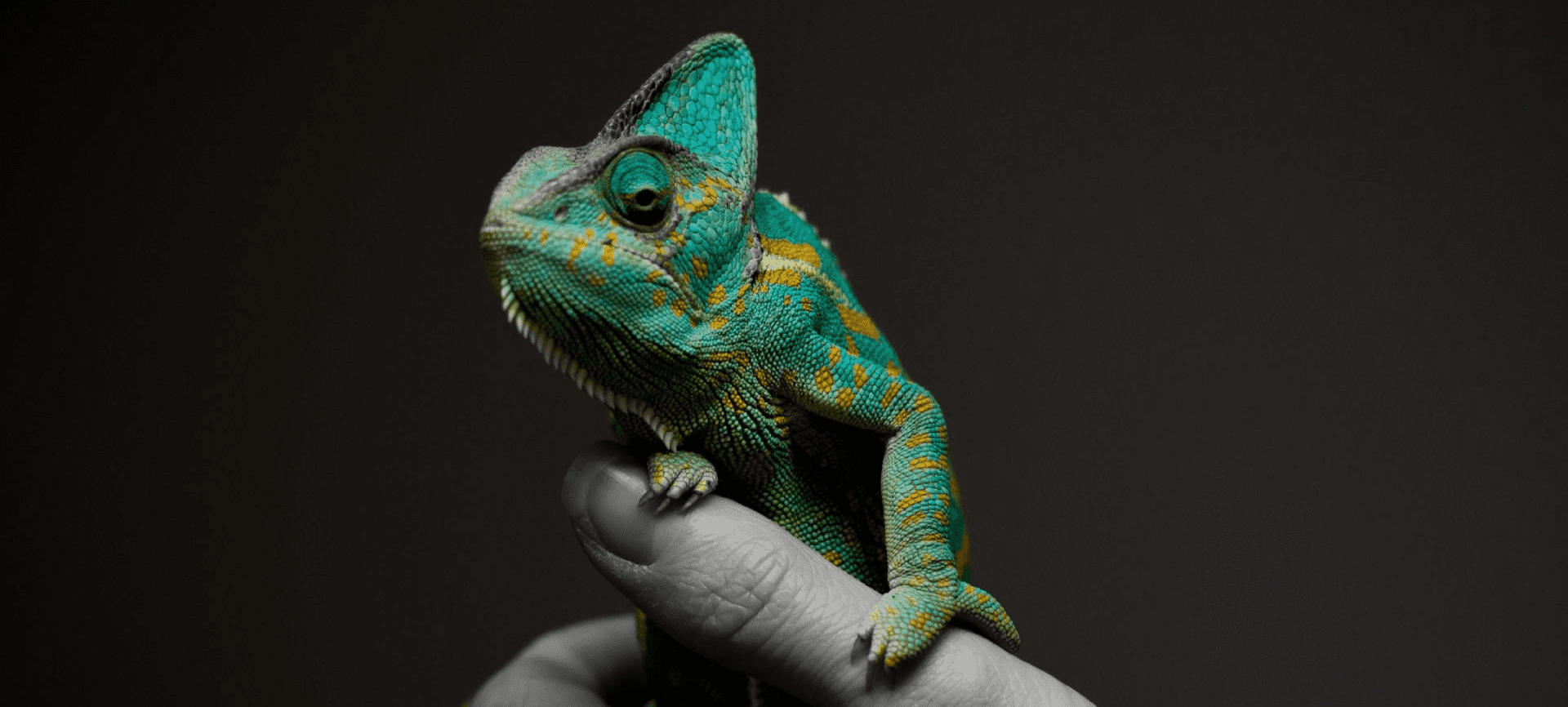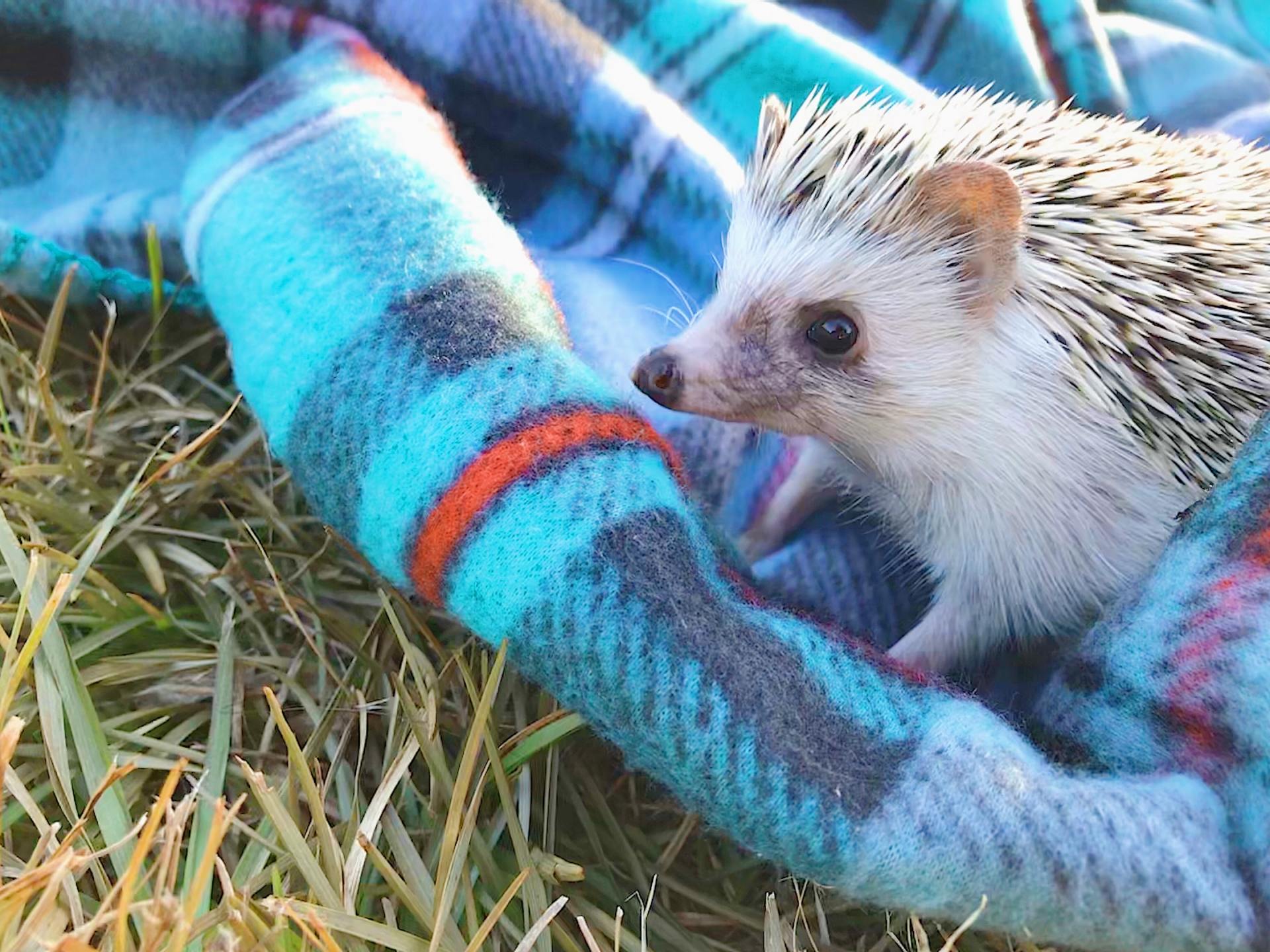If you own a cat, you’ll notice that your pet licks herself frequently. Our feline pals do spend a lot of time grooming themselves by licking, so this behavior in and of itself isn’t abnormal. But it is possible for a kitty to lick herself too much—this is known in the veterinary world as overgrooming. Read on to find out more from your local veterinarian.
W hat Counts as Overgrooming?
Most cats spend somewhere between 25 and 50 percent of their day grooming themselves. This can make it hard to tell what might be considered overgrooming. Look for additional signs of a problem.
You might notice Fluffy constantly licking and chewing intently at a particular area, or you may spot significant hair loss or bald patches. You may also find more hairballs and loose fur lying around your home. Sound familiar? You could have a case of overgrooming on your hands. It’s time to check in with your vet.
What’s the Cause?
There are many possible causes of overgrooming in cats. Overgrooming cases are generally categorized into one of two camps: medical or behavioral. Medical cases are typically caused by some kind of underlying medical problem. Allergies, parasitic infestation, skin infections, physical injuries, disease, or even neurological conditions could be to blame.
A behavioral-based case of overgrooming is usually caused by stress and/or anxiety. That’s right, your feline friend could be stressed at home and taking her anxieties out on her own fur. This can even happen with pampered cats. That’s hard to believe, we know, but it’s not uncommon!
How is Overgrooming Treated?
If a medical issue is found to be the cause of Fluffy’s excessive licking, it must be dealt with before the overgrooming behavior will stop. In the case of a skin infection, for example, antibiotics may help. Work closely with your veterinarian to resolve the issue and get your cute pet purring again.
When a cat is overgrooming because of a behavioral problem like anxiety, it’s very helpful to determine the cause. Fluffy might be stressed out because of a recent move, a change in the household like a new pet, or even a dirty litterbox. The help of a professional feline behaviorist might be needed. Pheromones and anxiety medications can be prescribed if necessary.
Learn more about overgrooming in cats by contacting your vet’s office. We’re here for you!






!Social Media Icons